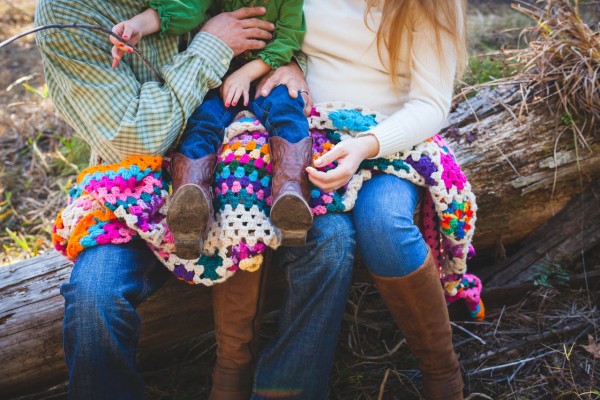
Cannabidiol, more commonly known as CBD oil, has become a health craze. People tout the benefits of CBD for everything from anxiety to chronic pain, although the research on the effectiveness of CBD is still limited.
CBD is a chemical compound derived from a cannabis plant. It may help create feelings of calmness and relaxation, but it's not the same as THC, which is the psychoactive component in marijuana.
As parents, particularly if you have teens, what should you know about CBD oil and its use among young people, especially?
Is Driving on CBD Illegal?
What is CBD Oil? In the general sense, CBD is a legal substance. You can even purchase it at drug stores and gas stations most recently, and you'll find products ranging from edible gummies infused with CBD to coffee and tea with CBD.
CBD is legal in most places and it's not against the law to drive under the influence of CBD necessarily, but with that being said, it's still possible that the side effects of CBD oil can potentially result in devastating automobile accidents.
This is because while CBD isn't psychoactive, it can cause drowsiness and other side effects that could make it more difficult to drive, especially if you're young and inexperienced behind the wheel.
Other possible side effects can include dizziness and nausea.
Teens may react differently to CBD than adults, and being behind the wheel without knowing the effects it will have on them can be dangerous.
How Do THC and CBD Compare?
THC is a compound that's in a hemp plant, as is CBD. When someone uses marijuana, THC is the primary active ingredient, and this holds true whether they're using marijuana recreationally or medicinally.
When someone uses marijuana with THC, it binds to CB1 receptors in the brain, which is why the drug creates a feeling of being high.
CBD doesn't bind with these receptors, so that's why you can't get high from it.
There is the potential for CBD products to contain some THC, so it's something you have to watch for if you're buying it and don't want the psychoactive effects.
If you're considering using CBD or you think your child or teen could benefit from it, know what to look for on the label before making a purchase.
You can look at serving size to figure out how long a product will last-this can be important because CBD products are generally pretty expensive.
You can find how much CBD in every serving and whether or not the product contains THC.
Is CBD Addictive?
We don't currently know a lot about the potential long-term effects of CBD use since it's a relatively new phenomenon. The World Health Organization (WHO) is one group that says CBD doesn't have addictive potential.
The organization goes as far as saying CBD doesn't have any effects that indicate abuse or dependence potential.
Even so, the WHO and other organizations don't recommend the use of CBD because so little is known, and it's unregulated.
What Are the Primary Concerns About CBD?
There are a few main concerns about the use of CBD products, especially by children and teens.
First, since CBD isn't regulated by the FDA or any other agency, there's no consistency in the quality of products or dosing. There's no required verification of the products in CBD, and there's no way to determine the actual potency of what you get.
Another problem is that products that have ingredients other than THC, such as contaminants may be harmful, especially to children and teens.
CBD is metabolized in the liver, and while taking it on its own may not have adverse effects on the liver, if a child or teen is taking another medication similarly metabolized, it can put too much stress on their liver.
If a parent uses CBD to help a child with sleep issues, they may become dependent on it and not be able to sleep on their own.
It's also unclear what a clinical dosage of CBD would be for children and teens.
Even with these risks, the WHO does indicate they believe CBD has a good safety profile and is generally well-tolerated, but there is the possibility of interactions between CBD and other medications someone might be taking.
How Do Parents Use CBD To Help Their Children?
Whether or not to give CBD to a child or let teen use CBD products is a parent's decision, and it should also be discussed with a health care professional.
One way some parents may use CBD is to help when their children have seizures. In fact, Epidiolex is a medication recently approved that's CBD-based and is used to help reduce seizures. It's the first CBD-based prescription drug available.
Some parents use CBD because they hope it will help with their child's autism symptoms, although, of course, it shouldn't be considered a cure for autism.
Using CBD for ADHD is something some parents do, and they feel they see improvements, but these effects aren't' universal for everyone.
Pain is a common reason people cite for using CBD, and in children, this might be for chronic conditions such as migraines.

